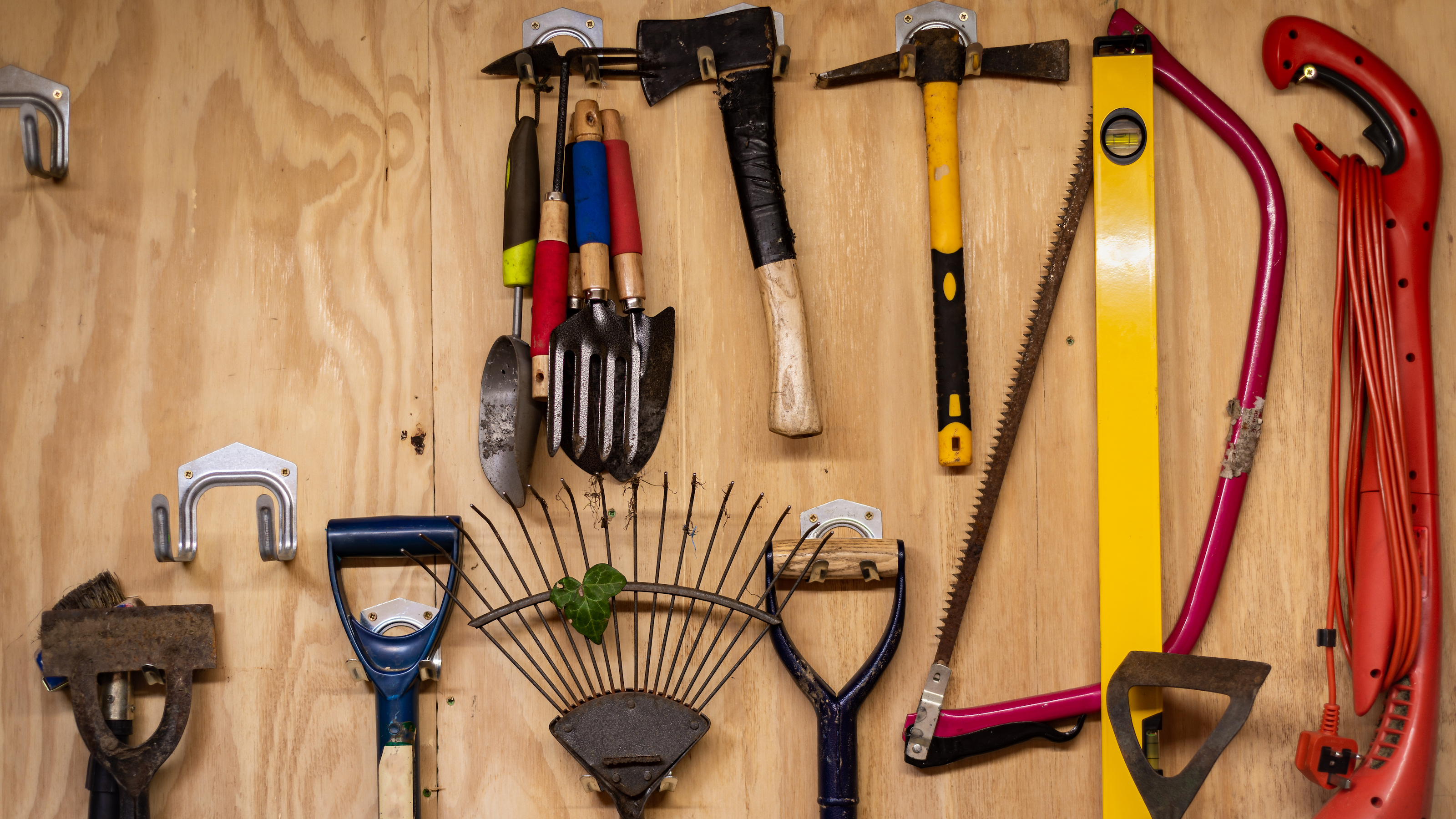Homeowners will be able to apply for the Boiler Upgrade Scheme even if they don't have loft or cavity wall insulation
DESNZ have announced the scheme is being updated to make it even cheaper for homeowners to get funding towards installing a heat pump

Loft and cavity wall insulation requirements are being removed from the Boiler Upgrade Scheme, the government has announced.
The decision has been made to make eligibility for the scheme easier and cheaper for homeowners to install ground and air source heat pumps.
The idea is that it will encourage more homeowners to install the energy efficient heating system by removing restrictions that might otherwise has prevented them accessing a grant.
However, as our expert explains in this article, it is important that even if the criteria for the BUS no longer has a minimum requirement for insulation, insulation should still be added to homes with heat pumps to avoid expensive energy bills due to excessive heat loss.
What are the changes to the insulation requirements?
The Department for Energy Security and Net Zero (DESNZ) has stated that the need for loft or cavity insulation will no longer be made mandatory as part of the Boiler Upgrade Scheme (BUS).
Previously if a home had recommendation in its EPC for loft or cavity wall insulation then owners would not qualify under the scheme, but this requirement is being removed.
DESNZ suggests that while properties should remain adequately insulated to help families reduce heating costs and save money on bills, removing the mandatory requirement allows households to make insulation improvements gradually, preventing them from facing a sudden large expense.
Get the Homebuilding & Renovating Newsletter
Bring your dream home to life with expert advice, how to guides and design inspiration. Sign up for our newsletter and get two free tickets to a Homebuilding & Renovating Show near you.
Why are these changes being brought in?
The change is hoped to encourage heat pump uptake by lowering the cost of installing an air source heat pump in a semi-detached property by approximately £2,500, according to government estimates.
Energy Security Secretary, Claire Coutinho, said: “We’ve already supported families by making our Boiler Upgrade Scheme one of the most generous in Europe and now we’re making heat pumps even cheaper and easier to install.
“This is all part of our wider plan to ensure we cut our emissions and make homes more energy efficient without burdening families with high costs.”
Cheaper installation is 'a short term win'
David Hilton, our renewable energies expert and Owner at Heat and Energy Ltd, said he was "very surprised" to see the government announcement and urged caution to those thinking of installing a heat pump without also planning to add loft and cavity wall insulation.
He said: "I would encourage our readers to still embrace the fabric first approach. More insulation will always increase efficiency of heat pump systems.
"Cheaper installation costs might seem more affordable but it is a short term win and a false economy. Always plan for fabric improvement."
He advised that heat pump technology can now "achieve higher flow temperatures" meaning heat output has improved from heat pumps but "the performance drops" at these higher temperatures.

David is a highly experienced installer of renewable energy systems and ventilation. He is well-known for his significant contributions to Homebuilding and Renovating magazine over the years. David holds membership in the Gas Safe Register and holds a Master's degree in Sustainable Architecture, making him a respected authority in sustainable building and energy efficiency. His expertise covers a wide range of areas including building materials, heat recovery ventilation, renewable energy, and traditional heating systems. He is also a distinguished speaker at the Homebuilding & Renovating Show.

News Editor Joseph has previously written for Today’s Media and Chambers & Partners, focusing on news for conveyancers and industry professionals. Joseph has just started his own self build project, building his own home on his family’s farm with planning permission for a timber frame, three-bedroom house in a one-acre field. The foundation work has already begun and he hopes to have the home built in the next year. Prior to this he renovated his family's home as well as doing several DIY projects, including installing a shower, building sheds, and livestock fences and shelters for the farm’s animals. Outside of homebuilding, Joseph loves rugby and has written for Rugby World, the world’s largest rugby magazine.
